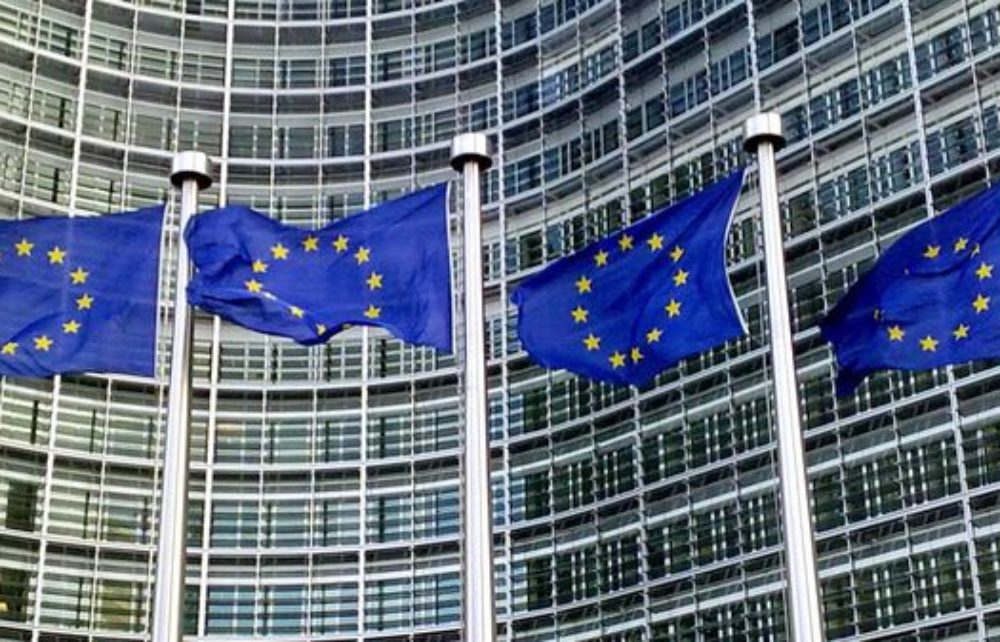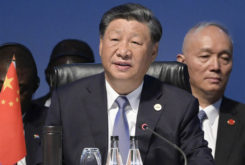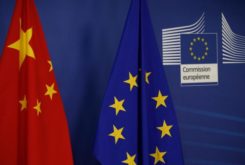The European Union (EU) and China reached, on 30 December, 2020, an “agreement of principle” on investments. The European Commission justifies the signing of the EU-China Comprehensive Agreement on Investment (CAI) with the fact that Beijing is finally committed to opening up to EU companies in a number of key sectors, namely automotive, healthcare, telecommunications/ cloud computing services, R&D, biological resources, information technology, international maritime transport, air transport, financial services, among others, while ensuring fair treatment so that they can compete on equal terms in the Chinese market.
The discussion of this agreement followed 7 years of negotiations. It was, moreover, part of the EU-China Agenda 2015-2020 which, in the area of Investment and Trade, had two key points: the Agreement on Investment and the inclusion of the EU in the Belt and Road Initiative and the 21st Century Maritime Silk Route, nowadays internationally known as BRI.
China made a point of discussing these two items of the Agenda together and the EU always wanted to discuss them separately, namely, arguing the unequal conditions of competition of European companies in China, highly protective Chinese industrial policies through non-customs barriers, lack of transparency of procedures and criteria used to access the Chinese market, the dominant position of Chinese State-owned companies, discrimination against foreign companies, unequal access to subsidies and low-cost financing, and inadequate protection of intellectual property rights.
I recall the words of the former European Commissioner for Trade, Cecília Malmström, who on 11 July 2016 on a visit to UIBE – University of International Business and Economics in Beijing, stated that keeping the EU market open for the great benefit of China and the EU, requires reciprocal opening. Focusing on the key BRI principle of free trade, namely with the establishment of a ‘Free Trade Zones Route’, Malmström stated “Free Trade Zones have made relatively limited progress or have even been completely abandoned… There are still real concerns about intellectual property rights … Discrimination against EU businesses remains a fact; our concerns are reinforced by the China 2025 Plan… Keeping the EU market open, to the great benefit of China and the EU, requires us to be able to pose these issues with reciprocal openness”. These obstacles to the realization of the Investment Agreement were dealt in certain aspects favorably while, in the BRI side, China was entering into bilateral agreements with EU countries, namely those from the south and the east, and some other European countries developed projects with China that fall within the scope of the BRI vision, though not signing any bilateral deal.
However, we realize that for this Agreement to have reached the point of understanding and be soon put to ratification by the parliaments of all EU member states, both sides had to concede something because it was in their mutual interests.
The pandemic has shown that only a global joint effort will be successful for its solution and the solving of problems that the global economic crisis has created.
EU companies need access to the Chinese market equal to Chinese companies and the European economy needs the capital increase that Chinese investment can provide.
On the Chinese side, the Agreement should encourage investment by European companies in China to boost China’s economy and technological development, and it opens up the European market in certain sectors such as renewable energy, agriculture, fisheries, media, utilities and to Chinese business models. This, in a way, weakens the European anti-China wave that the pandemic and the Trump administration has rallied, and sends a signal to the USA and the world, that, although strategic allies in economic terms, the EU and the USA have different interests and that Europe preserves the independence of its economic strategy. Basically, as the President of the EU Economic Council, Charles Michel, told Público newspaper on 7 January 2021, “We want an alliance with equals with the USA”. This view is also a major victory for China, which has always fought for multilateralism against the American view of world bipolarization and its version that China’s rise in the economic arena and, consequently, in political influence, can only result in a cold war, similar to that which existed after the Second World War between the USA and Russia, in which third countries had to choose which side they were on.
With this Agreement, the EU recognizes that it is one thing to be strategic allies and another to be business partners, similar to what the Portuguese government has always defended, against the understanding of some radical sectors in Portugal and Europe. António Costa, Prime Minister of Portugal and President of the Council of the European Union for the 1st semester of 2021, told Macau´s Ponto Final newspaper on 8 January that “human rights are not a good or a commercial value” and that they must be ensured “at the international level”, but he argued that the economic relations that the EU has to develop are “another issue”. António Costa justified the signing of the Investment Agreement stating that it is “in the interest of Europeans”… “An investment agreement reinforces the opportunities for European companies to invest and work in China, and this is very important for Europe’s economic growth and for the protection of Europeans jobs… [The agreement] is essential for obtaining conditions of fair competition in the environmental, social and food and health safety standards that we must enforce worldwide, and to avoid that there may be environmental, social and security dumping, which constitutes unfair competition in relation to the EU” and concluded by stating that if Europe wanted to be a global power it could not ignore the huge market that is China.
*Fernanda Ilhéu
Professor at ISEG -Lisbon School of Economics and Management
President of the New Silk Road Friends Association
Jorge Álvares Foundation Board Member




